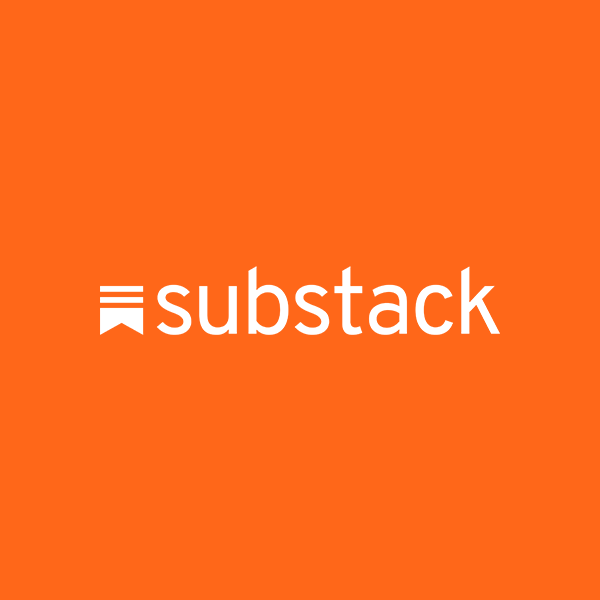Council on Scientific Information in the Digital Age: Too Little Too Late
I have been involved in publishing on the World-Wide-Web since 1992 and with scholarly publishing since 1995, also as a co-editor of a peer-reviewed journal ITcon and a coordinator of a framework program SciX, that was studying the topic in depth.
The bottom line is that in the scientific publishing process there is a decreasing value added by the publishers. The research is funded by the governments or the industry, performed by the researchers, papers are written and reviewed by them for free, only at the very end a publisher comes along that takes over the copyright, publishes the work and sells the journal at great expense to the community that created and edited the content for free.
At the Competitiveness (Internal market, Industry and Research) Council meeting in Brussels, on 22 and 23 November 2007 a conclusion has been reached on scientific information in the digital age: access, dissemination and preservation. It recognizes:
There is a recognition that the process is not transparent and public funds are used inefficiently:
The document invites member states to:
In all, its good to see the Council take interest in open access publishing. However, one can clearly feel that someone managed to dilute a potentially powerful documents. As it stands it hardly brings anything new. Most of the other actions suggested, such as "debating", "experimenting", "exploring", "bringing together stakeholders" are either long overdue or have been done already.
In the context of the Lisbon strategy that should be driving Europe towards a knowledge based economy, one should note that the explosion of the internet based technologies in the US have been made possible by the (1) open access to software, (2) open standards and (3) freely available scientific articles on the subject. The cited document brings nothing like that to Europe.
The bottom line is that in the scientific publishing process there is a decreasing value added by the publishers. The research is funded by the governments or the industry, performed by the researchers, papers are written and reviewed by them for free, only at the very end a publisher comes along that takes over the copyright, publishes the work and sells the journal at great expense to the community that created and edited the content for free.
At the Competitiveness (Internal market, Industry and Research) Council meeting in Brussels, on 22 and 23 November 2007 a conclusion has been reached on scientific information in the digital age: access, dissemination and preservation. It recognizes:
the major contribution of universities, international research organisations, research bodies, libraries and other public organisations, as well as of scientific publishers, to the scientific dissemination process;It is years late in recognising
that new, Internet-based dissemination models have triggered a major debate involving all concerned stakeholders on access to and dissemination of scientific information and in particular on access to peer-reviewed scientific articles" and that "over the past years scientific libraries' capacity to provide researchers with access to a wide range of publications has been affected by rising overall prices of scientific journals (including electronic distribution of publications).The Coucil underlines
the importance of scientific output resulting from publicly funded research being available on the Internet at no cost to the reader under economically viable circumstances, including delayed open access;Why just no cost to the reader. Why only delayed open access. This section should underline "the importance of scientific output resulting from publicly funded research being available on the Internet at no cost under economically viable circumstances, including open access".
There is a recognition that the process is not transparent and public funds are used inefficiently:
increasing the transparency of the contractual terms of "big deals", and exploring the possibilities for funding bodies, research institutions and scientific publishers from different Member States to work together in order to achieve economies of scale and efficient use of public funds by demand aggregation.Rather than making a clear statement that results of EU funded research should be published using open access paradigm, the suggestion to the commission is quite watered down:
experiment with open access to scientific data and publications resulting from projects funded by the EU Research Framework Programmes in order to assess the appropriateness of adopting specific contractual requirements;Experiment ... in order to assess the appropriateness of adopting specific contractual requirements. Now this is a good example of the Brussels parlance!
The document invites member states to:
assessing in a systematic way conditions affecting access to scientific information, including:Indeed the first two points make sense, however, the idea to lift VAT for digital journals is the wrong message. If we mean open access, if we mean free, there is no VAT. Refunding VAT means simply subsidizing commercial publishers!
- the way in which researchers exercise their copyrights on scientific articles;
- the level of investments in the dissemination of scientific information as compared to total investments in research;
- the use of financial mechanisms to improve access, such as refunding VAT for digital journal subscriptions to libraries;
In all, its good to see the Council take interest in open access publishing. However, one can clearly feel that someone managed to dilute a potentially powerful documents. As it stands it hardly brings anything new. Most of the other actions suggested, such as "debating", "experimenting", "exploring", "bringing together stakeholders" are either long overdue or have been done already.
In the context of the Lisbon strategy that should be driving Europe towards a knowledge based economy, one should note that the explosion of the internet based technologies in the US have been made possible by the (1) open access to software, (2) open standards and (3) freely available scientific articles on the subject. The cited document brings nothing like that to Europe.
